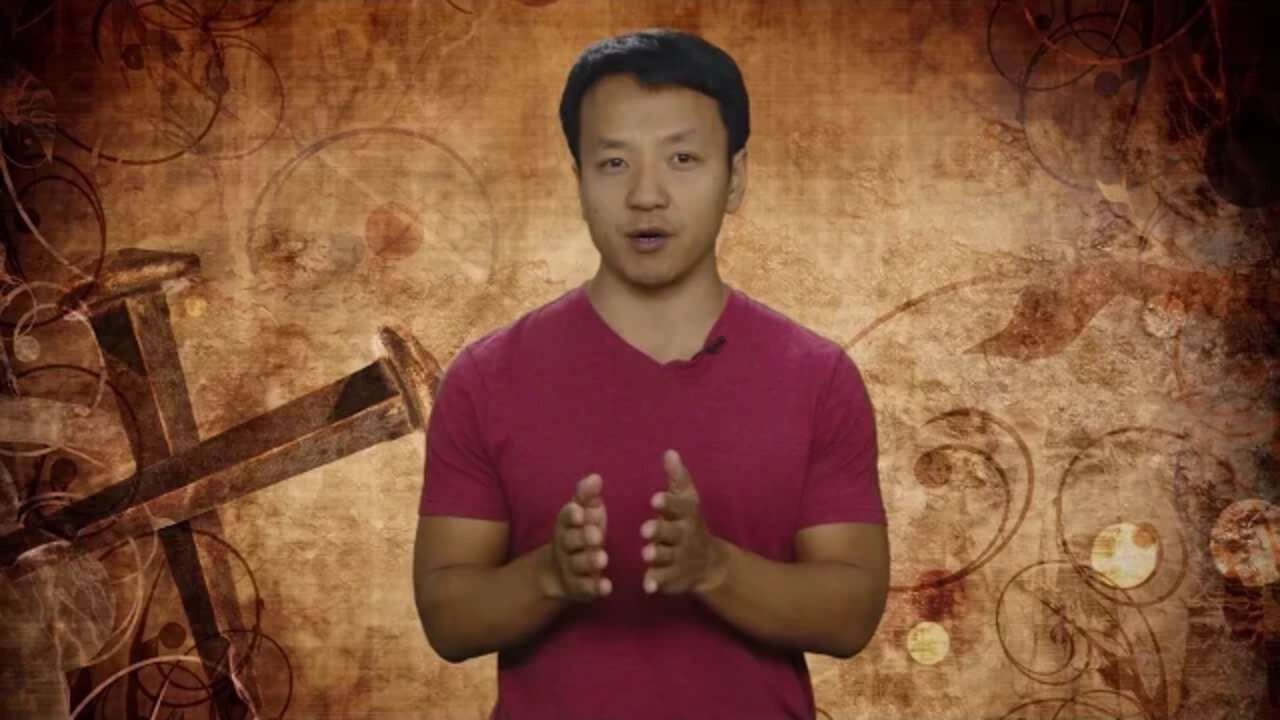Premium Only Content

Do Plants Have Feelings, Can They Read Our Minds?
The notion that plants are capable of feeling emotions was first recorded in 1848, when Dr. Gustav Theodor Fechner, a German experimental psychologist, suggested that plants are capable of emotions and that one could promote healthy growth with talk, attention, attitude, and affection.
Indian scientist Sir Jagadish Chandra Bose, from Bengal, began to conduct experiments on plants in the year 1900. He found that every plant and every part of a plant appeared to have a sensitive nervous system and responded to shock by a spasm just as an animal muscle does. In addition Bose found that plants grew more quickly amidst pleasant music and more slowly amidst loud noise or harsh sounds. He also claimed that plants can "feel pain, understand affection etc.," from the analysis of the nature of variation of the cell membrane potential of plants under different circumstances. According to him, a plant treated with care and affection gives out a different vibration compared to a plant subjected to torture.
One visitor to his laboratory, the vegetarian playwright George Bernard Shaw, was intensely disturbed upon witnessing a demonstration in which a cabbage had "convulsions" as it boiled to death. Bose found that the effect of manures, drugs, and poisons could be determined within minutes, providing plant control with a new precision. He repeated his tests on metals, administering poisons to tin, zinc, and platinum, and obtained astonishing responses which, when plotted on a graph, appeared precisely like those of poisoned animals. In conclusion he said: "Do not these records tell us of some property of matter common and persistent? That there is no abrupt break, but a uniform and continuous march of law?
Influenced by Bose's experiments, in the 1960s Cleve Backster, an Interrogation Specialist with the CIA, conducted research that led him to believe that plants can communicate with other lifeforms. Backster's interest in the subject began in February 1966 when he tried to measure the rate at which water rises from a philodendron's root into its leaves. Because a polygraph or 'lie detector' can measure electrical resistance, which would alter when the plant was watered, he attached a polygraph to one of the plant's leaves. Backster stated that, to his immense surprise, "the tracing began to show a pattern typical of the response you get when you subject a human to emotional stimulation of short duration".
-
 7:31
7:31
Beyond Science
1 year ago $2.95 earned5 Times the Human Race ALMOST Went EXTINCT!
22.4K27 -
 LIVE
LIVE
Laura Loomer
4 hours agoEP154: Naturalized US Navy Medic From GAZA Exposed For Ties To Hamas
738 watching -
 LIVE
LIVE
Tundra Tactical
9 hours ago $7.41 earned🚨Gun News and Game Night🚨 ATF Form 1 Changes, BRN-180 Gen 3 Issues??, and Battlefield 6 Tonight!
313 watching -
 1:45:13
1:45:13
Glenn Greenwald
5 hours agoJD Vance Confronted at Turning Point about Israel and Massie; Stephen Miller’s Wife Screams “Racist” and Threatens Cenk Uygur with Deportation; Rio's Police Massacre: 120 Dead | SYSTEM UPDATE #540
78.8K80 -
 LIVE
LIVE
SpartakusLIVE
3 hours agoSpart Flintstone brings PREHISTORIC DOMINION to REDSEC
236 watching -
 1:05:02
1:05:02
BonginoReport
6 hours agoKamala CALLED OUT for “World Class” Deflection - Nightly Scroll w/ Hayley Caronia (Ep.167)
95.9K60 -
 54:36
54:36
MattMorseTV
3 hours ago $17.15 earned🔴The Democrats just SEALED their FATE.🔴
27.7K46 -
 8:07:01
8:07:01
Dr Disrespect
11 hours ago🔴LIVE - DR DISRESPECT - ARC RAIDERS - SOLO RAIDING THE GALAXY
104K11 -
 1:32:00
1:32:00
Kim Iversen
6 hours agoThe World’s Most “Moral” Army — Kills 40 Kids During "Ceasefire" | Socialism's Coming: The Zohran Mamdani Agenda
79.2K135 -
 1:04:50
1:04:50
TheCrucible
5 hours agoThe Extravaganza! EP: 63 with Guest Co-Host: Rob Noerr (10/30/25)
72K6